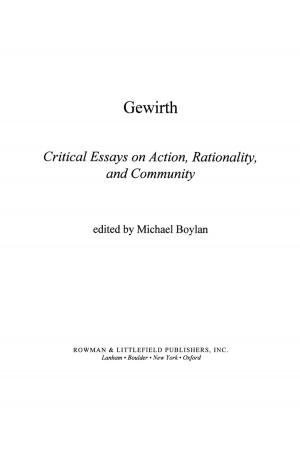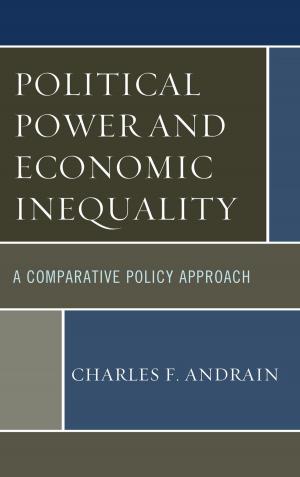Putin's Wars
The Rise of Russia's New Imperialism
Nonfiction, History, Asian, Russia, Social & Cultural Studies, Political Science, International, International Relations| Author: | Marcel H. Van Herpen | ISBN: | 9781442253599 |
| Publisher: | Rowman & Littlefield Publishers | Publication: | July 1, 2015 |
| Imprint: | Rowman & Littlefield Publishers | Language: | English |
| Author: | Marcel H. Van Herpen |
| ISBN: | 9781442253599 |
| Publisher: | Rowman & Littlefield Publishers |
| Publication: | July 1, 2015 |
| Imprint: | Rowman & Littlefield Publishers |
| Language: | English |
This fully updated book offers the first systematic analysis of Putin’s three wars, placing the Second Chechen War, the war with Georgia of 2008, and the war with Ukraine of 2014–2015 in their broader historical context. Drawing on extensive original Russian sources, Marcel H. Van Herpen analyzes in detail how Putin’s wars were prepared and conducted, and why they led to allegations of war crimes and genocide. He shows how the conflicts functioned to consolidate and legitimate Putin’s regime and explores how they were connected to a fourth, hidden, “internal war” waged by the Kremlin against the opposition. The author convincingly argues that the Kremlin—relying on the secret services, the Orthodox Church, the Kremlin youth “Nashi,” and the rehabilitated Cossacks—is preparing for an imperial revival, most recently in the form of a “Eurasian Union.”
An essential book for understanding the dynamics of Putin’s regime, this study digs deep into the Kremlin’s secret long-term strategies. Readable and clearly argued, it makes a compelling case that Putin’s regime emulates an established Russian paradigm in which empire building and despotic rule are mutually reinforcing. As the first comprehensive exploration of the historical antecedents and political continuity of the Kremlin’s contemporary policies, Van Herpen’s work will make a valuable contribution to the literature on post-Soviet Russia, and his arguments will stimulate a fascinating and vigorous debate.
This fully updated book offers the first systematic analysis of Putin’s three wars, placing the Second Chechen War, the war with Georgia of 2008, and the war with Ukraine of 2014–2015 in their broader historical context. Drawing on extensive original Russian sources, Marcel H. Van Herpen analyzes in detail how Putin’s wars were prepared and conducted, and why they led to allegations of war crimes and genocide. He shows how the conflicts functioned to consolidate and legitimate Putin’s regime and explores how they were connected to a fourth, hidden, “internal war” waged by the Kremlin against the opposition. The author convincingly argues that the Kremlin—relying on the secret services, the Orthodox Church, the Kremlin youth “Nashi,” and the rehabilitated Cossacks—is preparing for an imperial revival, most recently in the form of a “Eurasian Union.”
An essential book for understanding the dynamics of Putin’s regime, this study digs deep into the Kremlin’s secret long-term strategies. Readable and clearly argued, it makes a compelling case that Putin’s regime emulates an established Russian paradigm in which empire building and despotic rule are mutually reinforcing. As the first comprehensive exploration of the historical antecedents and political continuity of the Kremlin’s contemporary policies, Van Herpen’s work will make a valuable contribution to the literature on post-Soviet Russia, and his arguments will stimulate a fascinating and vigorous debate.















